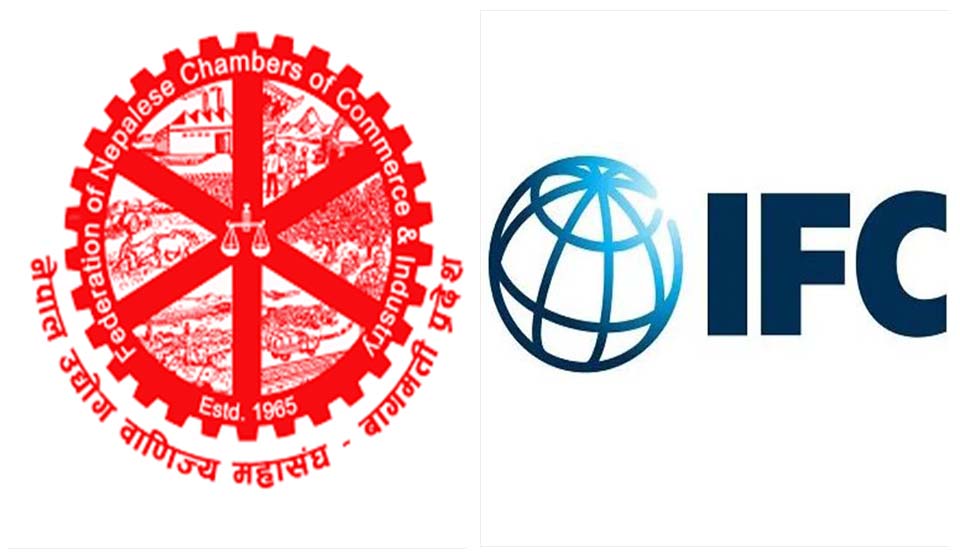KATHMANDU, May 8: The private sector has demanded the government to set the quality standards of imported goods citing these goods are adversely affecting similar goods being produced domestically.
Rajesh Kumar Agrawal, president of the Confederation of Nepalese Industries (CNI), said an increasing import of low quality goods has been affecting the consumers of these goods. According to him, the government has set the standards of only 1,150 goods and services, while more than 5,000 goods are imported in the country.
“The government has no mechanism to ascertain the quality of the imported goods,” said Agrawal speaking at a program organized by the CNI on Tuesday.
Police seize illegally-imported goods worth Rs 16.3 million

The government started certification of imported goods since fiscal year 2016/17. In this regard, the government has made it mandatory for the importers of more than a dozen types of goods to receive quality certification.
Last year, the government revised the food safety standards and fixed the safe limit for nine types of heavy metals—lead, copper, arsenic, tin, cadmium, mercury, methyl, chromium and nickel—in food items. According to the Food Act, offenders face a Rs 50,000 fine or up to five years of imprisonment or both.
Likewise, the government has made it mandatory to disclose the details of importers and distributors of imported goods from mid-July last year. Details of the importer and market distributor should be mentioned in the label of the imported goods. Name, address, email address/website of the importer and the market distributor, EXIM code and the label should be applied when the goods are imported or before they are sent for sale in the market. The rule is applied also to raw materials used in the form of inputs for the manufacturing and construction industry.
Despite enforcing these provisions, lack of effective government mechanisms including proper monitoring systems has led to an increasing import of the substandard goods in the market, according to the CNI. “The market is flooded with substandard imported goods,” said Agrawal, seeking the government to go into mutual recognition agreement with India.
Through the budget for the current fiscal year, the government has maintained the provision to make government offices prioritize purchase of local products even if they are expensive by up to 20 percent compared to the imported goods. But, the plan has not materialized yet.
Agrawal recommended the government to set up an integrated web portal featuring the domestically produced goods. According to him, the system could help promote production and marketing of the local products.
Agrawal also sought the government’s role to facilitate the private sector to operate new industrial corridors in the public-private-partnership modality. “The government has to resolve the ambiguous clauses related to subsidies and other facilities provided to the private sector while operating their production plants in the industrial estates,” he said.










_20200706125809.jpg)


























